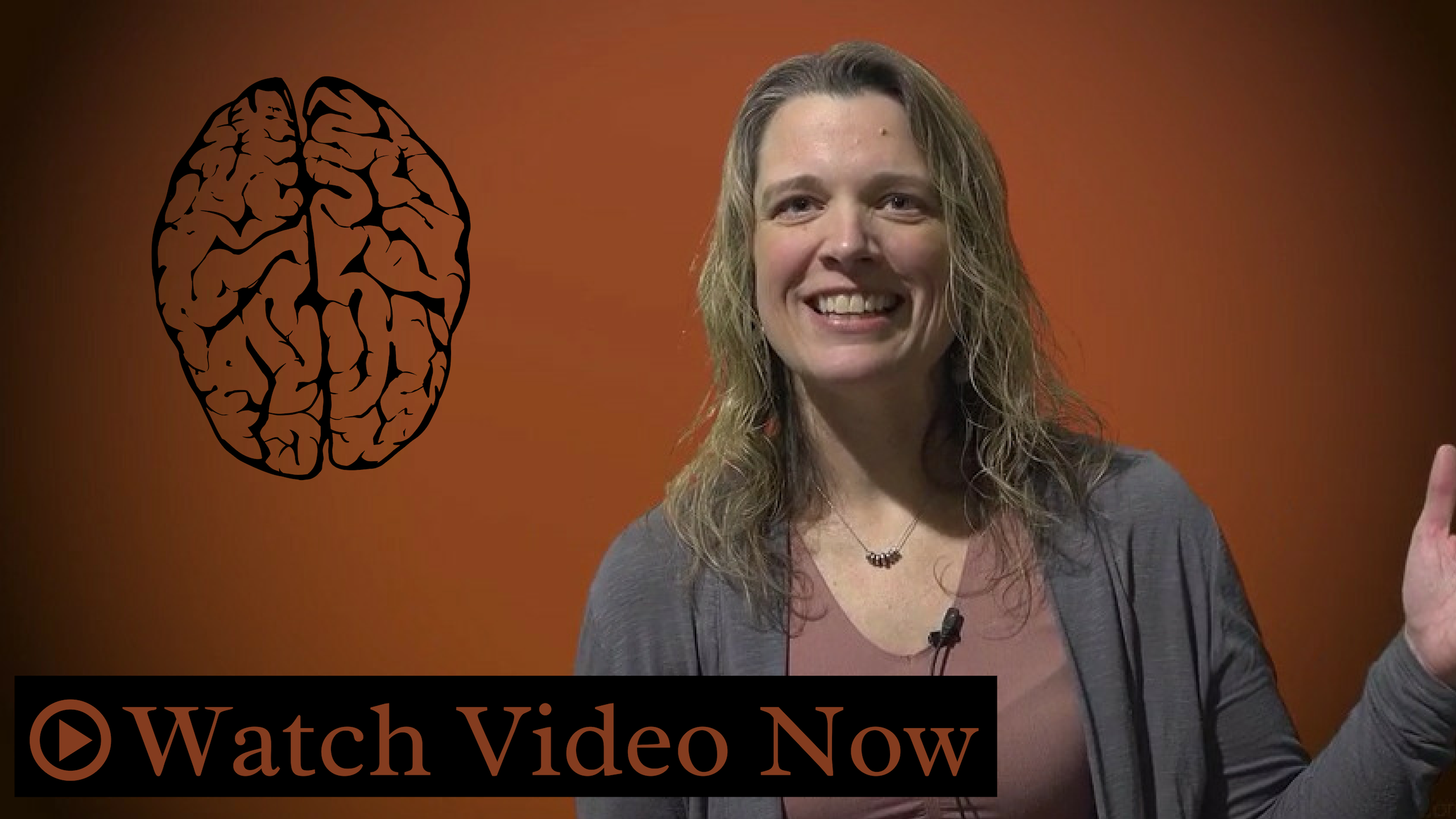According to the National Alliance on Mental Illness (NAMI), about one in five veterans returning from Iraq or Afghanistan have post-traumatic stress disorder (PSTD) or depression. Additionally, around 20 veterans lose their life to suicide each day.
Veterans are more likely to be affected by mental disorders because of their proximity to tragedy. For many, it can be difficult for them to reach out for the help that they need.
That is why mental health professionals like Darshan Soske have dedicated their careers to helping veterans. For Soske, the director of the Vet Center in Pocatello, providing veterans and their families the help they need is more than just a career, it is a mission.
“The most rewarding part for me is being able to make a difference in somebody’s life,” she said. “I am grateful that I am in a position where I can help somebody feel better about their life, where they can be comfortable in their skin, be who they are, find new goals in life, and move forward and be happy.”
Located at 1800 Garrett Way, the Vet Center’s primary mission is helping combat veterans, their families, and victims of military sexual trauma overcome obstacles associated with their service. They offer individual counseling, family counseling, and group counseling at the Vet Center in Pocatello and throughout Southeast Idaho.
As the needs of veterans change, the services offered by the Vet Center are constantly evolving. Recently they have began treating those who have flown unmanned aircrafts. Individuals who have had direct contact with those who were in combat or experienced combat-- such as those in the medical field or mortuary affairs-- are also eligible for the Vet Center’s services. Plus, these services are at no cost to veterans and their families.
“We are here and we’re a place you can come to if you need help,” Soske said. “The easiest way to know if someone is eligible for our services are either stop by or give us a call. Our job is to help get people connected so that [they] don’t slip through the cracks.”
There are a multitude of reasons as to why mental health treatment for veterans is important, but Soske believes one of the key contenders is the close connection service members have with one another. In the instance of those killed in action, or witnessing grave tragedy, it’s not just the loss of someone close, it’s the loss of one’s own family. And that can be devastating.
“That connection, that comradery, and that closeness that people have with with each other, it puts in a new level of devastation when somebody has to then struggle and try to make sense of what happened in the world around them,” Soske said.
Part of Soske’s job is working with each person individually and help them to work through their trauma at their own pace. For some, a conversation over a cup of coffee can be enough. For others, it can involve much more. Some only visit the Vet Center only because they told someone they’d come.
Soske works to help people in whatever way works best for them. “It really becomes having to work through and find the avenue that really helps identify that person and the struggles they were are dealing with,” Soske said.
Soske recognizes that social stigma associated with mental health treatment still lingers, and believes that overcoming that obstacle will help encourage others to seek help.
“From my perspective, I think that if there was a way to help break down those doors so that people felt more comfortable and were more relaxed, and it didn’t feel like a foreign and uncomfortable world, I think that would be a huge benefit,” Soske said.
Continuing Education/Workforce Training is offering courses that provide additional information about mental health and available resources. For additional information on CEWT’s mental health classes, please visit cetrain.isu.edu or call us at (208) 282-3372.

.png?width=220&name=Do%20You%20Pocatello%20Podcast_%20(1).png)

